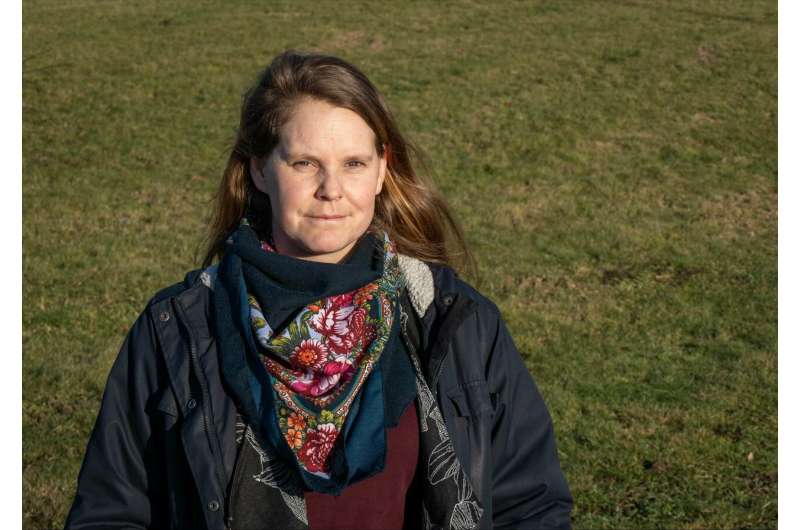Food industry waste becomes profitable biogas

Huge gains can be made by using waste from the food industry for biogas production, no matter whether the biogas is used in vehicles or to produce electricity and heat. This is the conclusion of researchers from the Biogas Research Center at Linköping University, in a recently published article.
The food industry is the second largest industry in Sweden when measured in net sales, and the fourth largest employer. Production is highly efficient, both with respect to energy consumption and use of the primary raw materials, but research has not examined how waste in the form of organic by-products can be used in the most efficient way.
"Much of the waste is used as animal fodder, and some goes to compost or combustion," says Emma Lindkvist, doctoral student in the Division of Energy Systems, who also works at the Swedish Biogas Research Center, BRC, at Linköping University.
Together with other researchers at BRC, Jenny Ivner from Region Östergötland and Magnus Karlsson from Linköping University, she has examined the food industry in a comprehensive perspective to investigate the way in which the organic by-products can create the greatest benefit – for the economy, the environment and energy conservation. The article has been published in the scientific journal Energies.
Emma Lindkvist and her co-authors selected five regions in which to investigate the Swedish food industry. They contacted all major food producers in these regions, each of which had a specific character. One, for example, was home to a large fishing industry, one was close to a big city, and so on, ensuring that they gained as broad an overview as possible.
"We then analysed three scenarios: to continue as before, to produce biogas upgraded to vehicle fuel, and to produce biogas for electricity and heat production. And we looked at economic, environmental and energy profitability," says Emma Lindkvist.
They also analysed a scenario in which the system contains significant amounts of wind power, and another in which the electricity and heat produced from biogas replaces that produced from coal.
"In all three perspectives, biogas is the better alternative. In four of the five cases, biogas that has been upgraded to vehicle fuel gives the highest economic gains. In the fifth case, biogas was profitable, but continuing to use the previous system was significantly more profitable. This is because the biogas potential in the waste is lower here than in the other cases."
Continuing without change was usually the poorest alternative from both environmental and energy-efficiency perspectives. A few cases in which other energy was derived from wind power were exceptions.
If a coal-condensing power plant is used in the system, biogas produced for electricity and heat production has an advantage over biogas-derived vehicle fuel, since the calculations are based on the assumption that the biogas is upgraded using electricity produced from coal-fired power stations. However, biogas used as vehicle fuel is the most advantageous when the upgrade is carried out using electricity from wind power.
The conclusion drawn by the researchers, however, is that in terms of care for the environment and conservation of energy, it would be an advantage if the food industry was not the only stakeholder involved when decisions are made about how organic by-products are to be dealt with. Collaboration between the industries, the energy sector and the public sector is desirable, since there is a huge and profitable potential for the use of biogas, profitable not only for the environment and for the energy sector as a whole, but also, and not least, for the economy.
More information: Emma Lindkvist et al. System Analysis of Biogas Production—Part II Application in Food Industry Systems, Energies (2019). DOI: 10.3390/en12030412
Provided by Linköping University



















